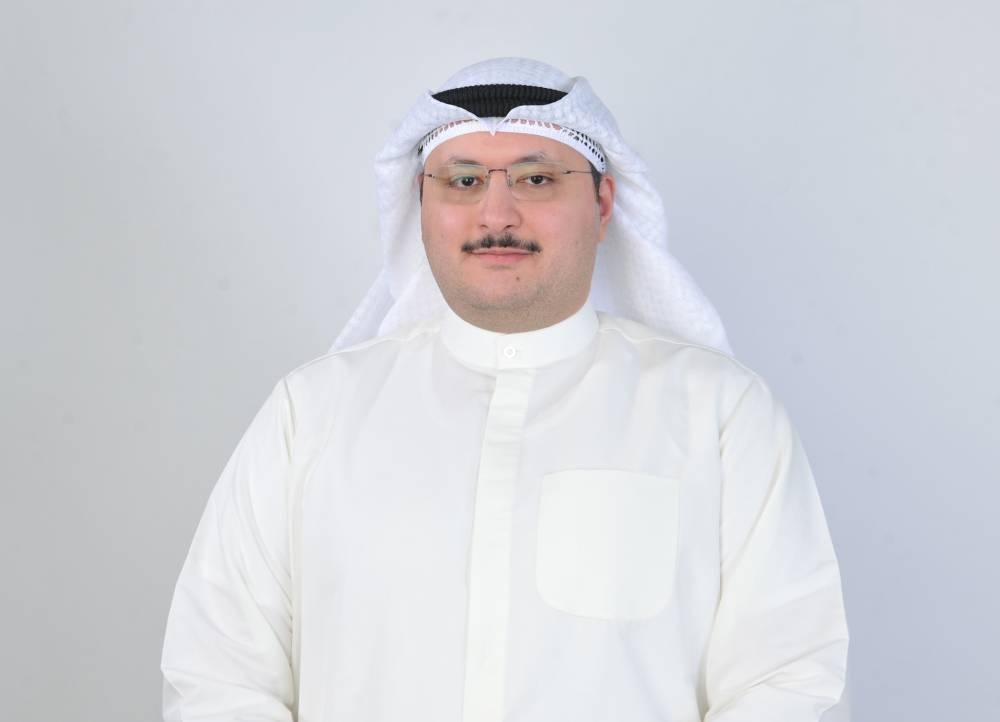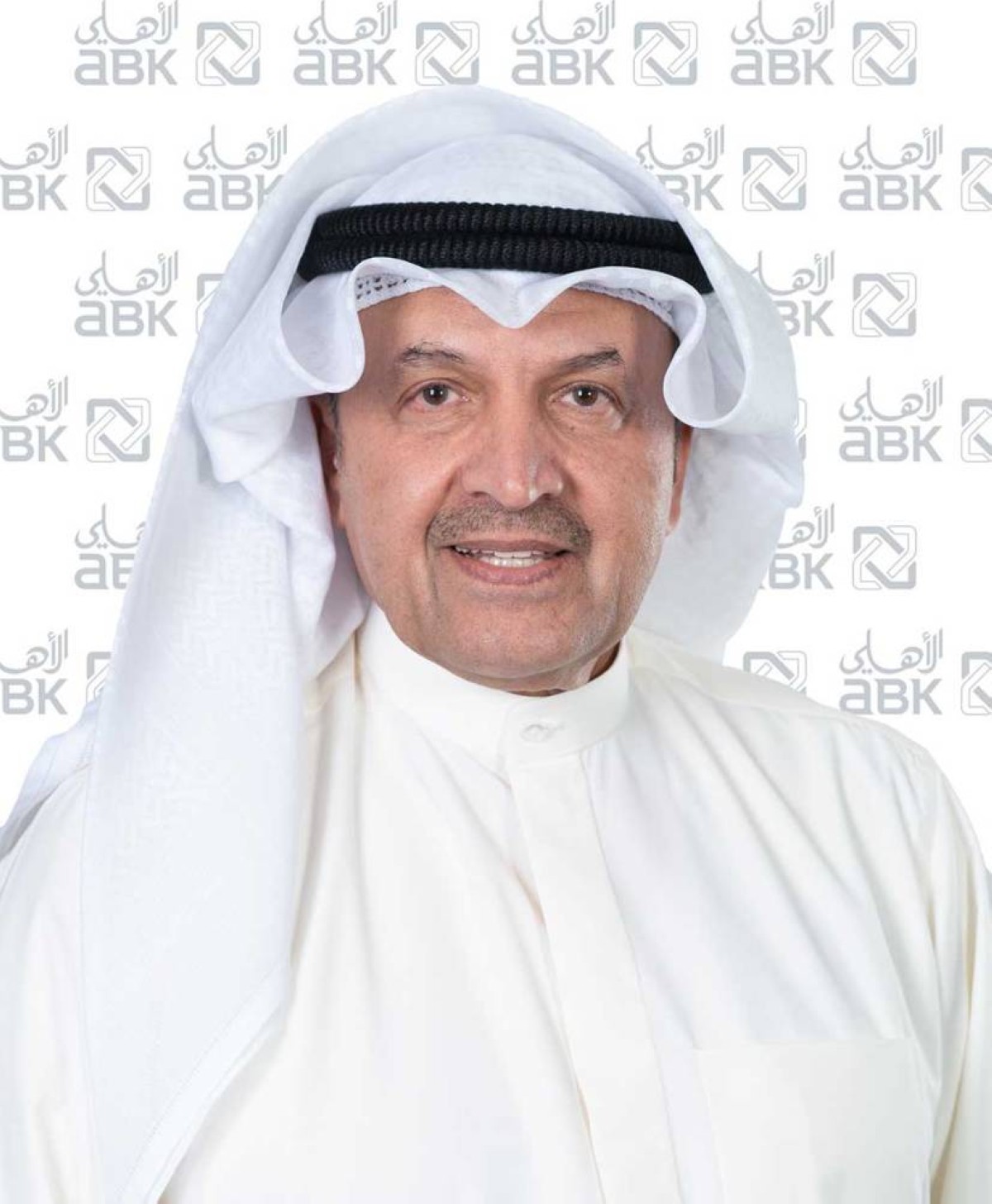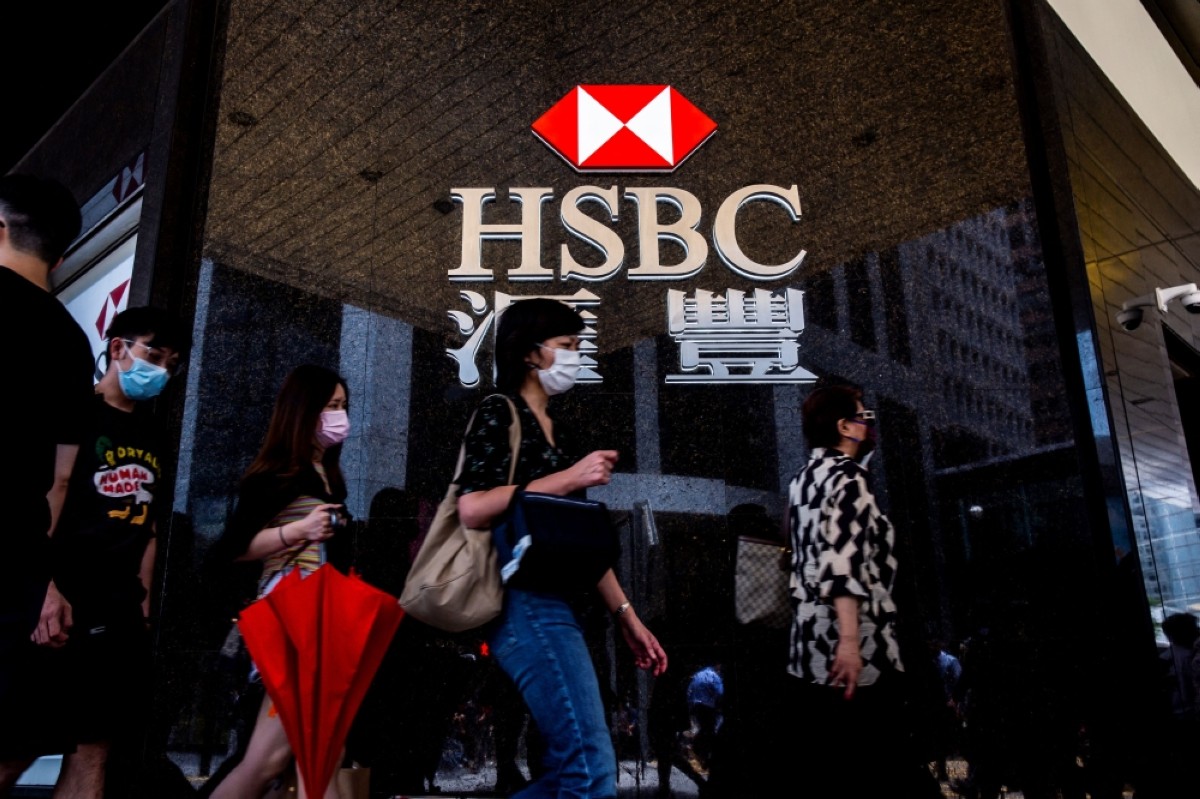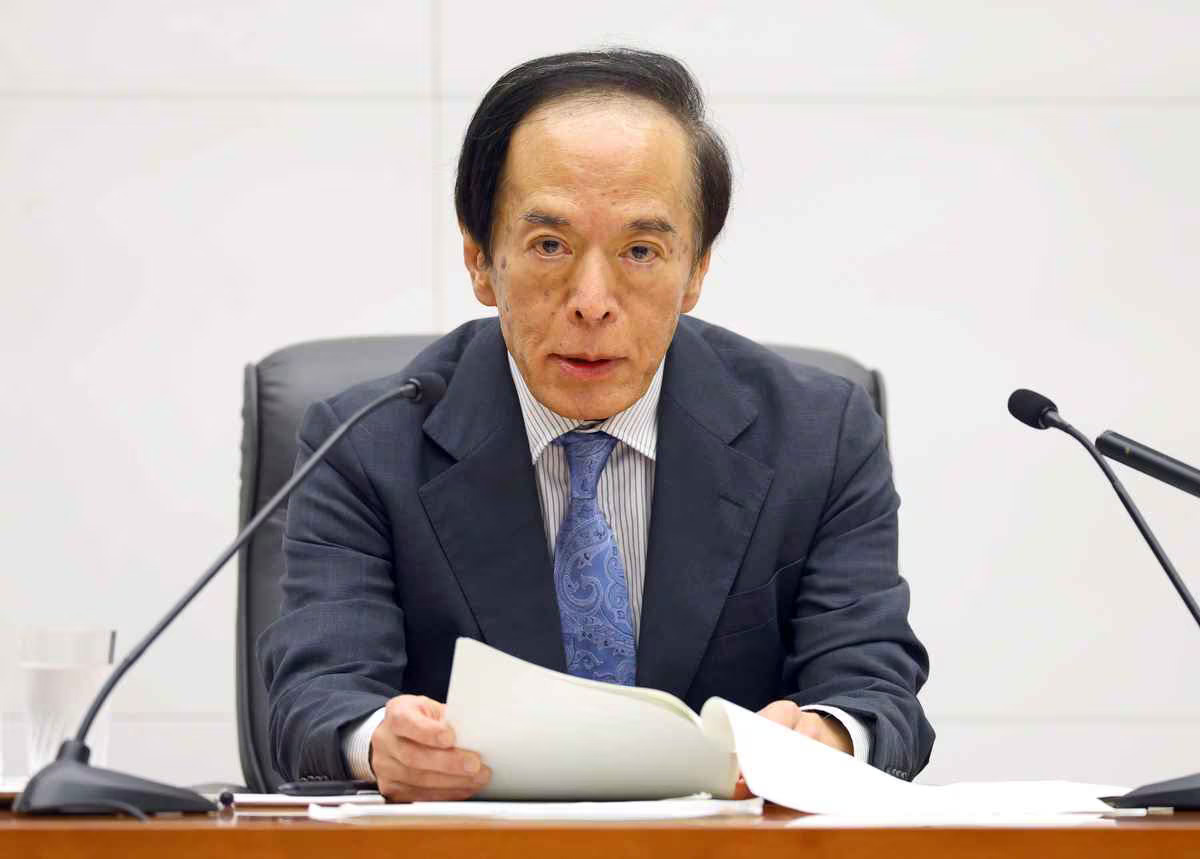Kuwaiti lawmaker underscores need of int'l financial reform
WASHINGTON, April 11 (KUNA) -- Dr. Obaid Al-Mutairi, a senior member of the Kuwaiti National Assembly, called on the developing countries to work together for reforming the international financial institutions, notably the World Bank and the International Monetary Fund.
Al-Mutairi is taking part in the Annual Meeting 2023 of the Bretton Woods Committee (BWC), being held in-person at the IMF HQ in Washington D.C. on April 10-11. The meeting coincides with the IMF and WB spring meetings.
Speaking to KUNA on the fringes of the BWC meeting, he said the global changes made the international financial institutions less effective than they used to be when they were founded. "Everybody is now convinced that it is inevitable to introduce a gradual change to these institutions. The developing countries need to act as one to define the nature and desired impact of such a change," he pointed out. Though the IMF and WB maintain their dominant role in the global financial and monetary decision-making, the accelerated developments in the recent years, including the financial crises, made it inevitable to review and reassess their efficacies, Dr. Al-Mutairi argued.
The IMF and WB meetings provide an opportunity for gauging the efficacy of the international financial architecture as a prelude to moving from an era of induced response to one of inspired reform.
The developing countries usually bear the brunt of global financial turmoil. Therefore, these countries need to have a say in the future reforms in order to enhance governance, guard against financial fluctuations and protect their interests, he added.
The BWC Annual Meeting explored the need for global governance reform and the ways in which the International Financial Institutions can evolve to meet the economic, geopolitical, and cross-border challenges of the new era.
Founded in 1983, the Bretton Woods Committee is the preeminent non-profit organization dedicated to effective global economic and financial cooperation. Towards this end, it demonstrates the value of multilateralism and improves the performance of the international financial institutions through public dialogue, advocacy, and policy analysis.
The Committee members are leaders in business, finance, academic, and non-profit sectors, including many industry CEOs, as well as former presidents, cabinet-level officials, and lawmakers who share the belief that international economic cooperation is essential and best served through strong, effective international financial institutions. Through the Committee, they champion global efforts to spur economic growth, alleviate poverty, and improve financial stability. (end) asj.gb.










